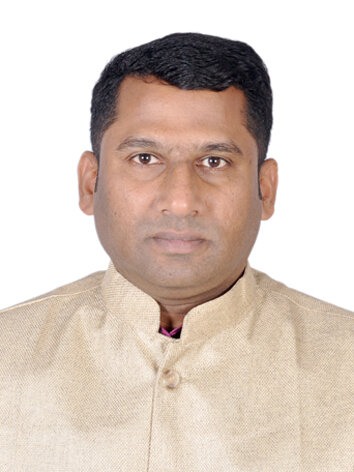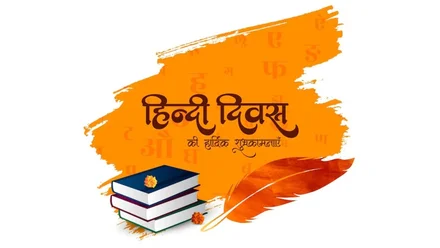DRAWBACKS OF EDUCATION SYSTEM IN INDIA
DRAWBACKS OF EDUCATION SYSTEM IN INDIA

DRAWBACKS OF EDUCATION SYSTEM IN INDIA
DRAWBACKS OF EDUCATION SYSTEM IN INDIA
India, popularly known as ARYAVARAT, was considered to be an ideal Place for holistic education in ancient times.
The Great universities of Nalanda and Takshasila, the composition of Vedas and Puranas, including the Sacred Upnished, are examples of the reach and varied education of Aryavart.
Aryabhat, Charak, Chankya and so many intellectuals have contributed a lot in this field to enrich Indian Education of that time. Nowadays, the Indian Education system has been modified a lot and has taken a new shape.
The Asharamas have been turned into residential schools, and post-independence India has experienced several ups and downs in its education system.
Dr. Radhakrishan committee, Prakash committee, National Education Policy, and other educational constitutive bodies, various commission based on education have offered their valuable suggestion for necessary amendments of the education system in India.
After the independence huge priority was laid on the education system. Although the Indian system of education is regarded as Good and transparent with ethical values but there are a lot of demerits. Those may be classified as follows:-
TOO MUCH EXPENSIVE:-:- The major drawback of the prevailing system of education is that it is not easily affordable. Today in India, around 35% of people are living below the poverty line. So they can’t afford education even at the primary level.
BELOW AVERAGE PERFORMANCE:- Most of the government schools have not been able to perform as expected, and they don’t possess a good image among people.
PRIVATIZATION OF EDUCATION:- The next option is the private institution that gives degrees from primary to postgraduate. But they are very costly, and also the admission procedure is too complicated for a common man to access.
LIMITED OPTIONS:- There is a craze among people for some particular courses, while some courses with equal opportunities are simply rejected. This has led to the business of coaching, as there are more aspirants than seats available in some institutions and for some courses.
LACK OF VOCATIONAL COURSES:- In India, there is not sufficient scope to teach the students through the techniques of LEARNING BY DOING, as per the economic standard of India, education should be job-oriented and based on earning for livelihood of life.
POOR QUALITY EDUCATORS:-Although in India, teachers occupy an important position in society but a few people who are related to education are not so appropriate in this field, and they are also the root cause of the standard of education in India.
RESERVATION POLICY OF GOVERNMENT:- The Reservation policy in India to reserve seats for a particular category of students, in schools, colleges, and universities, also affects the quality. As brilliant students are forbidden to be admitted to reputed organizations where whereas average and below average students get a chance, which creates discriminty in education.
DIGITAL LEARNING:- In India, digital learning and e-learning systems have not been applied properly in the field of education. It is also a great drawback of our education system.
LACKING ETHICAL VALUES:- Ethics and moral education play an important role in human life, and moral education is the shadow of human behaviour, hence, it should be introduced in the education system of India.
JACK OF ALL TRADES, MASTER OF NONE:- The worst gift of the Indian education system is that it compels the students to learn every subject prescribed by the board of government, instead of putting more importance on the subjects that the students like more. In that case, the students are bound to learn every subject forcefully, which diminishes their interest.
Quality education is one that is pedagogically and developmentally sound, and educates students to become active and productive members of society.
A quality education provides the outcomes needed for individuals, communities, and societies to prosper. The Indian government, as well as the public of India, should be conscious enough about the quality of education and try to remove the obstacles to a better future.
Good libraries and laboratory facilities, along with an e-education system, should be implemented strictly to eradicate the contemporary problems of the Indian education system. As education is the key instrument to national resource development and an intelligent society will always invest in quality education for its children and youth.
DRAWBACKS OF EDUCATION SYSTEM IN INDIA
By:-
Mrs. Sapana Sharma
Principal, Hindustan public school, Kanina-ateli (mahendergarh), Haryana
DRAWBACKS OF EDUCATION SYSTEM IN INDIA
The drawbacks of education system in India are numerous, affecting its diverse landscape. A rigid syllabus, one of the major drawbacks of education system, prioritizes memorization over creativity, particularly in rural areas. Poor infrastructure, another drawbacks of education system, includes insufficient facilities and teacher shortages in government schools. The urban-rural gap, among the critical drawbacks of education system, creates inequality, with private schools having better resources. Exam pressure, a significant drawbacks of education system, stresses students, ignoring holistic growth like sports. Outdated methods, also a drawbacks of education system, fail to meet modern job needs. Discrimination further highlights the drawbacks of education system, limiting access for many.
Meet The Teachers
If you also know any such teacher who has benefited the world of education through their work. To get his story published in Meet the Teachers, email us at fourthscreeneducation@gmail.com





